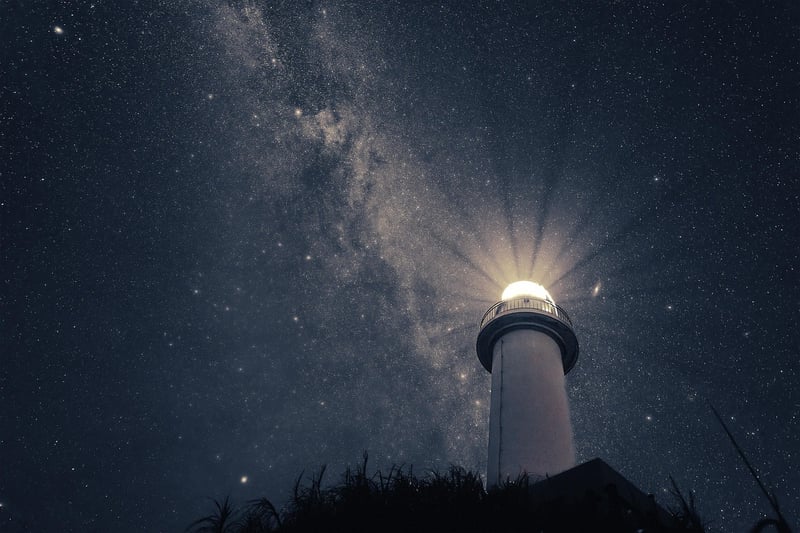Habitability Studies
The Search for Life Beyond Earth: Exploring Habitability Studies
Humans have long been fascinated by the possibility of life beyond our planet. Scientists around the world are actively engaged in research to understand the conditions necessary for life to exist beyond Earth. This pursuit has led to the field of habitability studies, where researchers investigate the potential for life on other planets and moons within our solar system and beyond.
What are Habitability Studies?
Habitability studies are scientific investigations that aim to determine whether a celestial body has the necessary conditions to support life as we know it. These studies focus on factors such as the presence of liquid water, suitable temperatures, and the availability of organic molecules – all essential components for life to thrive.
Key Factors in Habitability Studies:
- Presence of Water: Water is a fundamental requirement for life. Habitability studies assess the existence of liquid water on a planetary surface or within its subsurface.
- Temperature Conditions: The temperature range of a celestial body is crucial, as extremes in temperature can impact the ability of life to survive.
- Chemical Composition: Researchers analyze the chemical makeup of an environment to determine if it contains the necessary building blocks for life.
- Radiation Levels: High levels of radiation can be detrimental to life forms, so habitability studies consider the radiation environment of a planet or moon.
Exploring Potential Habitability in Our Solar System:
Within our own solar system, several bodies have piqued the interest of scientists studying habitability. For example:
- Mars: Mars has been a focal point for habitability studies due to its similarities to Earth in the past. Evidence of ancient water flows and the presence of organic molecules have sparked curiosity about the planet's potential for past or even present life.
- Europa: One of Jupiter's moons, Europa, is believed to have a subsurface ocean beneath its icy crust. This hidden ocean makes Europa a prime candidate for habitability studies.
Future Prospects in the Search for Life:
As technology advances and our understanding of habitability factors improves, scientists are hopeful that we may one day discover signs of life beyond Earth. Missions to explore distant worlds, such as the upcoming James Webb Space Telescope and planned missions to Mars and Europa, offer exciting opportunities to further our search for extraterrestrial life.
By delving into habitability studies, researchers aim to unlock the mysteries of the cosmos and answer one of humanity's most profound questions: Are we alone in the universe?

Image Source: Pixabay
